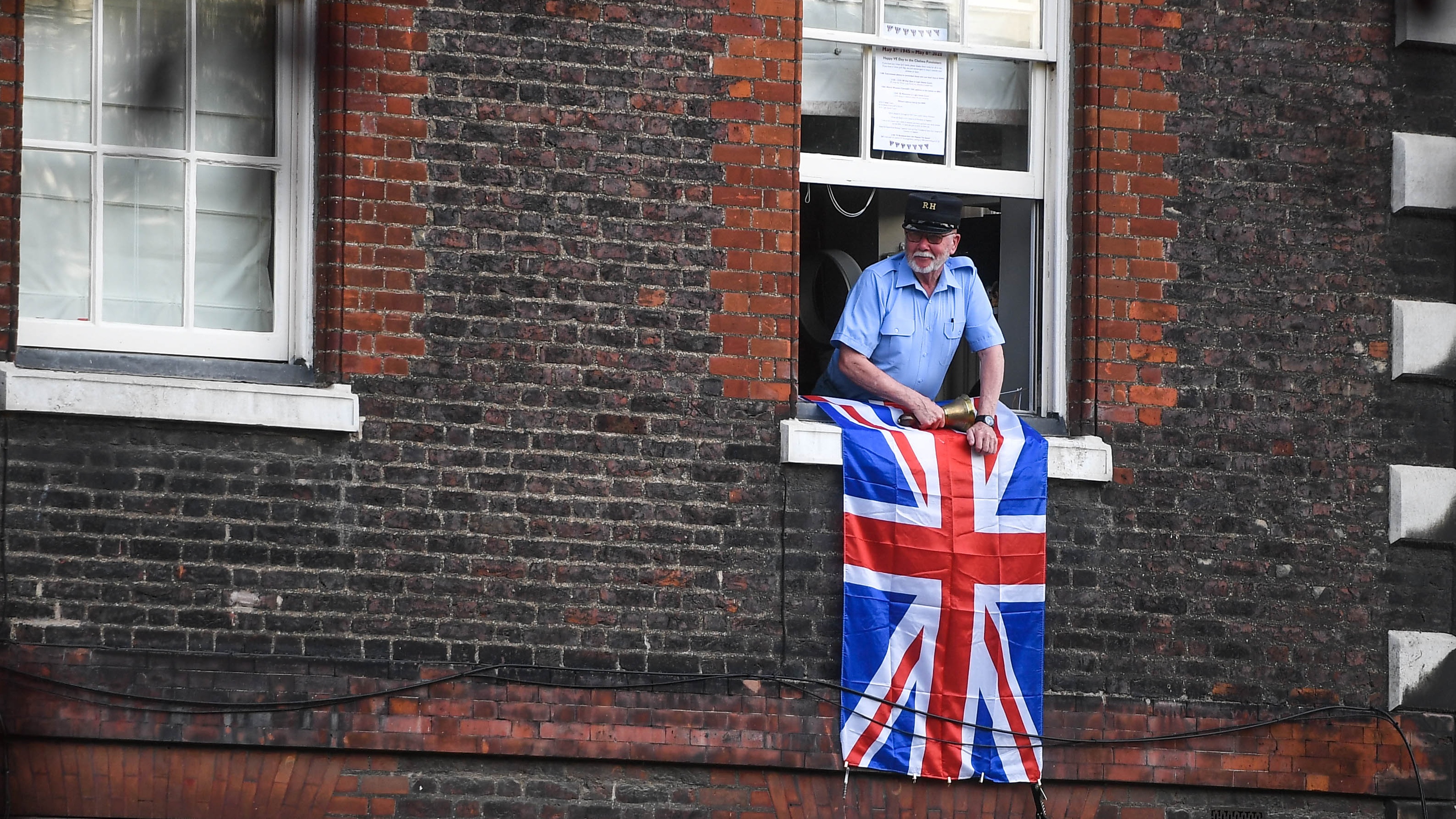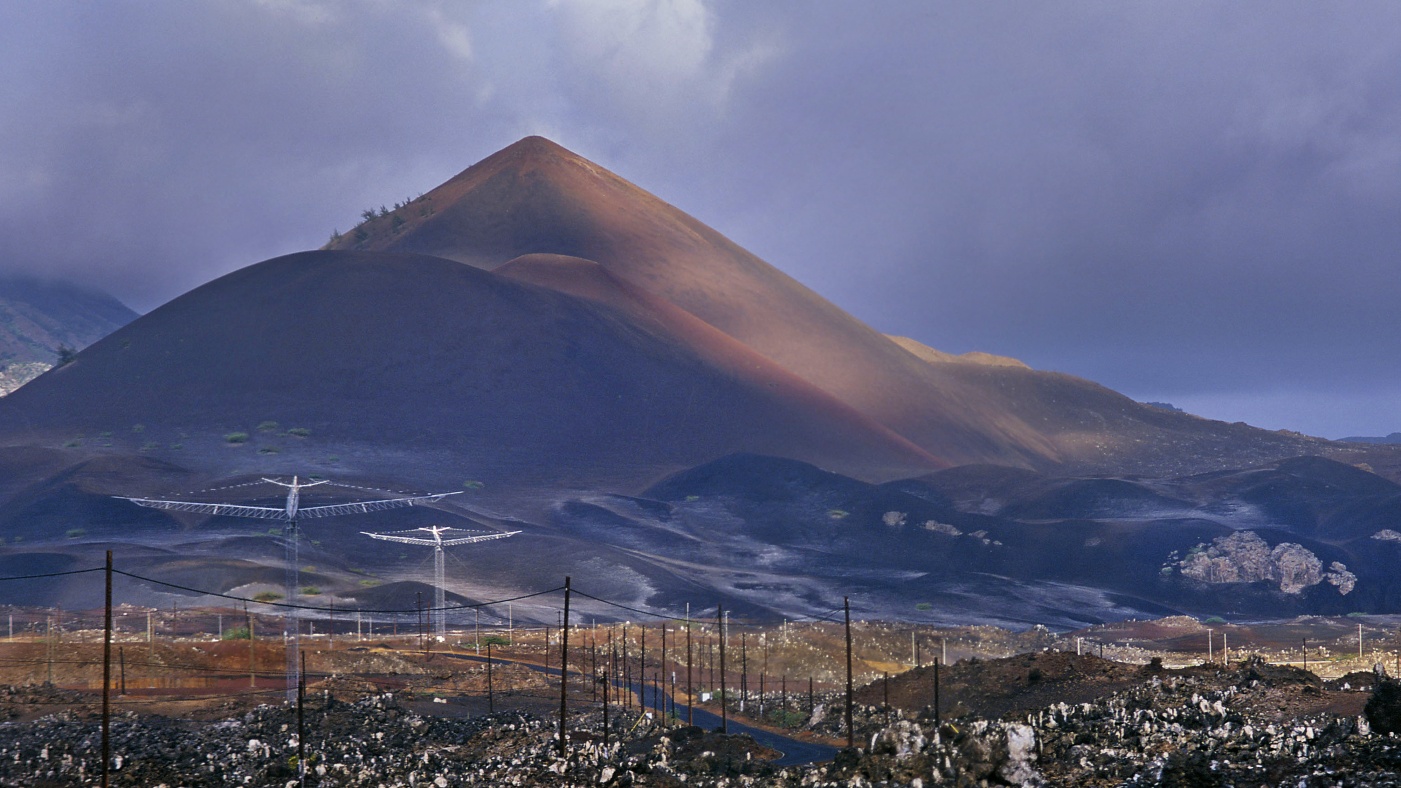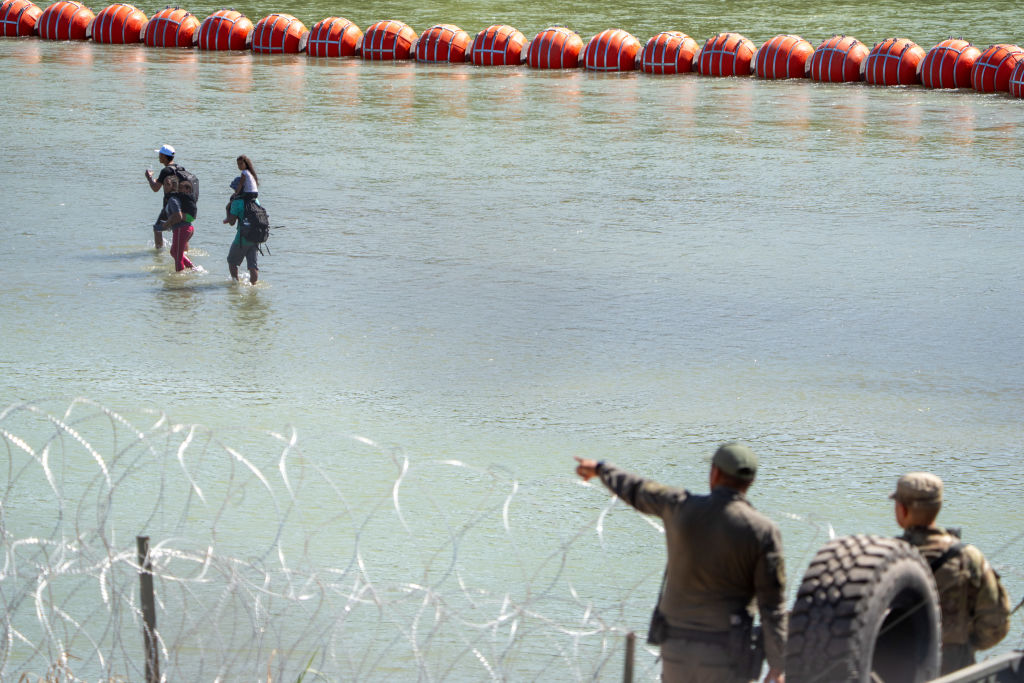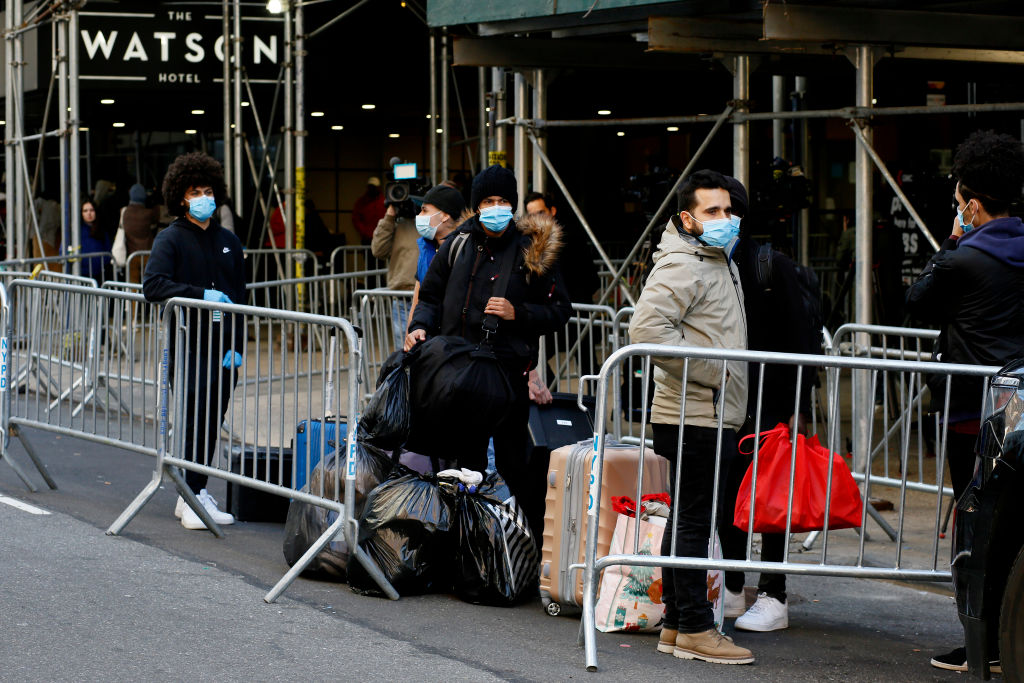Instant Opinion: pride in Britain’s past ‘not matched by vision for its future’
Your guide to the best columns and commentary on Thursday 21 May

A free daily email with the biggest news stories of the day – and the best features from TheWeek.com
You are now subscribed
Your newsletter sign-up was successful
The Week’s daily round-up highlights the five best opinion pieces from across the British and international media, with excerpts from each.
1. Timothy Garton Ash in The Guardian
on a nation looking backwards in place of a plan for heading forwards
The Week
Escape your echo chamber. Get the facts behind the news, plus analysis from multiple perspectives.

Sign up for The Week's Free Newsletters
From our morning news briefing to a weekly Good News Newsletter, get the best of The Week delivered directly to your inbox.
From our morning news briefing to a weekly Good News Newsletter, get the best of The Week delivered directly to your inbox.
Britain’s pride in its past is not matched by any vision for its future
“Britain’s muddled handling of the Covid-19 crisis has put another big dent into what used to be its reputation for good government. Although Brits have come together across the Brexit divide, England, Scotland, Wales and Northern Ireland have each had different public health responses, highlighted particularly by Scottish nationalist leader Nicola Sturgeon. The most striking thing, however, has been the way that Britain in general, and England in particular, has reverted to a nostalgic celebration of our shared past in the second world war, with no corresponding sense of a shared future... The main reason, however, for there being no shared vision of the future is that ... we have no shared vision of the future. The Johnson government, in particular, represents an ultra-Brexity ‘very well, alone!’ fantasy which is not shared even by many Conservatives. In Spain’s transition to democracy in the 1970s, after a bitter civil war and a long night of dictatorship, it was felt that the price of national unity was amnesia. In Britain after Brexit, the price of national unity is nostalgia.”
2. Sherelle Jacobs in The Daily Telegraph
on a government cowering behind the scientists
A free daily email with the biggest news stories of the day – and the best features from TheWeek.com
No 10 is hiding behind secretive Sage pseudo-science
“Downing Street’s use of Covid pseudo-science to justify lockdown could be the greatest scandal of our time. Granted, the initial decision to shut down the country was taken in a gormless panic of bug-ridden modelling and media hysteria. But since then, has the Government’s strategy become more sinister? There’s almost a whiff of superstition about No 10’s secretive “evidence-based” approach to lifting lockdown. Ministers are peddling an esoteric assortment of ‘precautionary’ measures, from a scientifically baseless two-metre rule to a pointless 14-day holiday quarantine. They are obscure and enigmatic on risks and trade-offs. And, in the daily press conferences, they continue to bewitch an already hyper-paranoid public with lurid graphs and charts that propagate bogus science... And yet our Government refuses to publish in its entirety the scientific advice that informed this seismic decision, nor share with us the up-to-date recommendations that supposedly justify its ruinously slow lifting of lockdown.”
3. David Aaronovitch in The Times
on how the government’s immigration policy confuses unskilled with unnecessary
Britain won’t work without unskilled migrants
“The government now promises a system which gives preference to skilled, English-speaking, higher-earning migrants (the salary threshold will be £25,600) and excludes the others. If we were to erect a Statue of Liberty in the Patel era its plaque would read: ‘Give me your huddled Nobel prize-winners, your future tech billionaires yearning to breathe free.’ Under such a regime my own illiterate grandparents would have been turned away from the Port of London when their ship docked in 1904. No doubt many readers share a similar family history. It means that when we hear the word ‘unskilled’, we don’t equate it with ‘undesirable’ or even ‘expendable in view of public opinion’. Which brings us to the pandemic. It’s taught us that very often unskilled workers from abroad are as essential as skilled workers, and are not responsible for taking jobs from indigenous workers... What is well-paid turns out to bear no relation to what is valuable. What is deemed ‘unskilled’ is not the same as ‘somehow optional’, whether it’s shop workers, refuse collectors or office cleaners.”
4. Sophia Akram in The Independent
on cheering and applauding a broken system
Don’t clap for our carers tonight – it means nothing when the government is failing them so badly
“Millions have been raised in charity donations for the NHS. Still, not a single penny can be spared by the government to serve workers better conditions because, in practical terms, our rounds of applause won’t get them very much. The Covid-19 pandemic is laying bare systemic failures outside the health sector too – in the lack of support for homelessness people, in the precarity of our work, and the disproportionate impact the health crisis is having on poorer communities and people from black and other ethnic minority backgrounds. It’s clear to me now that there’s far more we can do to show our appreciation than clap: lobby our MPs, throw up placards in our windows, thunderously demand better for the people we depend on so much. Because putting our hands together this Thursday will feel more like a blow to our carers and NHS workers than a cheer. It will feel like adulation for a shocking government response.”
–––––––––––––––––––––––––––––––For a round-up of the most important stories from around the world - and a concise, refreshing and balanced take on the week’s news agenda - try The Week magazine. Start your trial subscription today –––––––––––––––––––––––––––––––
5. Jonathan Safran Foer in The New York Times
on how the pandemic shows the way to a different type of diet
The End Of Meat Is Here
“When it comes to a subject as inconvenient as meat, it is tempting to pretend unambiguous science is advocacy, to find solace in exceptions that could never be scaled and to speak about our world as if it were theoretical. Some of the most thoughtful people I know find ways not to give the problems of animal agriculture any thought, just as I find ways to avoid thinking about climate change and income inequality, not to mention the paradoxes in my own eating life. One of the unexpected side effects of these months of sheltering in place is that it’s hard not to think about the things that are essential to who we are... Perhaps more than any other food, meat inspires both comfort and discomfort. That can make it difficult to act on what we know and want. Can we really displace meat from the center of our plates? This is the question that brings us to the threshold of the impossible. On the other side is the inevitable. With the horror of pandemic pressing from behind, and the new questioning of what is essential, we can now see the door that was always there.”
-
 Trump’s fuel blockade puts Cuba in crisis mode
Trump’s fuel blockade puts Cuba in crisis modeIN THE SPOTLIGHT Plummeting tourism, scrambling airlines and rolling blackouts are pushing Cuban society to the brink
-
 ‘The mark’s significance is psychological, if that’
‘The mark’s significance is psychological, if that’Instant Opinion Opinion, comment and editorials of the day
-
 How did ‘wine moms’ become the face of anti-ICE protests?
How did ‘wine moms’ become the face of anti-ICE protests?Today’s Big Question Women lead the resistance to Trump’s deportations
-
 ‘Irony’ as Zoom calls staff back to office
‘Irony’ as Zoom calls staff back to officefeature And other stories from the stranger side of life
-
 Ascension island: UK could send small boats arrivals to remote Atlantic territory
Ascension island: UK could send small boats arrivals to remote Atlantic territorySpeed Read UK government weighs up alternatives if Rwanda scheme is ruled unlawful by Supreme Court
-
 Justice Department sues Texas over Mexico border buoys
Justice Department sues Texas over Mexico border buoysSpeed Read
-
 The U.S. veterinarian shortage crisis
The U.S. veterinarian shortage crisisSpeed Read With an anticipated shortage of 15,000 vets by 2030, it will be harder to get care for pets
-
 Captain Tom charity closes to donations amid daughter’s pool row
Captain Tom charity closes to donations amid daughter’s pool rowSpeed Read Hannah Ingram-Moore to appeal council order to demolish spa complex at her home
-
 Boris Johnson shocks UK by resigning from Parliament
Boris Johnson shocks UK by resigning from ParliamentSpeed Read
-
 Company teaches mask-wearers to smile again
Company teaches mask-wearers to smile againfeature And other stories from the stranger side of life
-
 New York City weakens right-to-shelter rules ahead of expected migrant surge
New York City weakens right-to-shelter rules ahead of expected migrant surgeSpeed Read